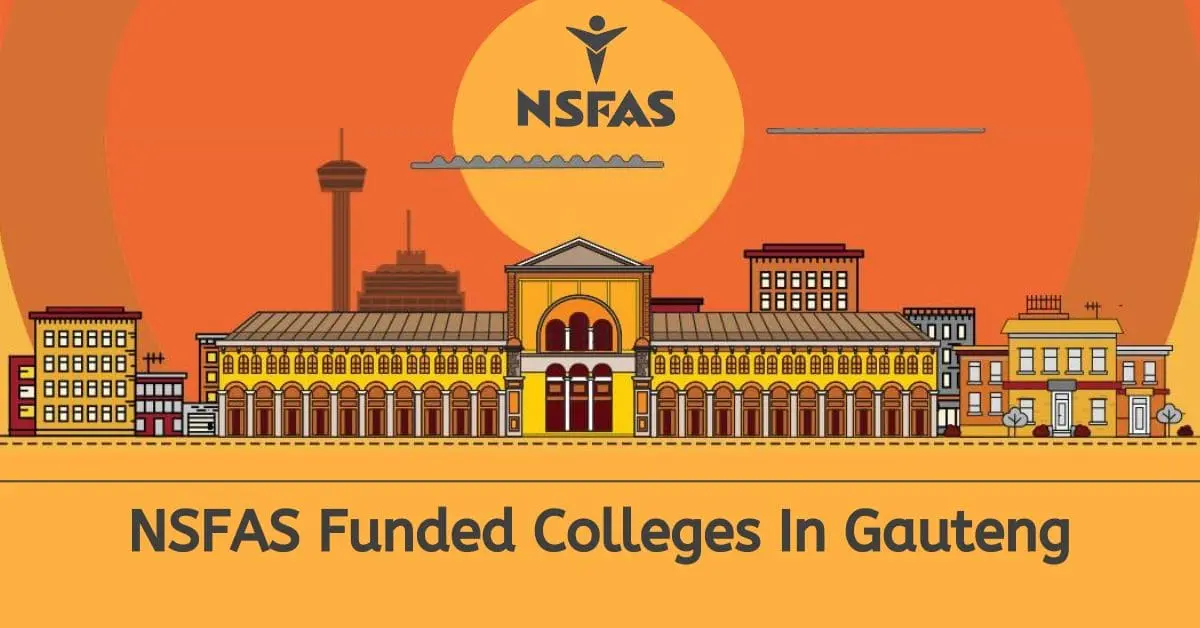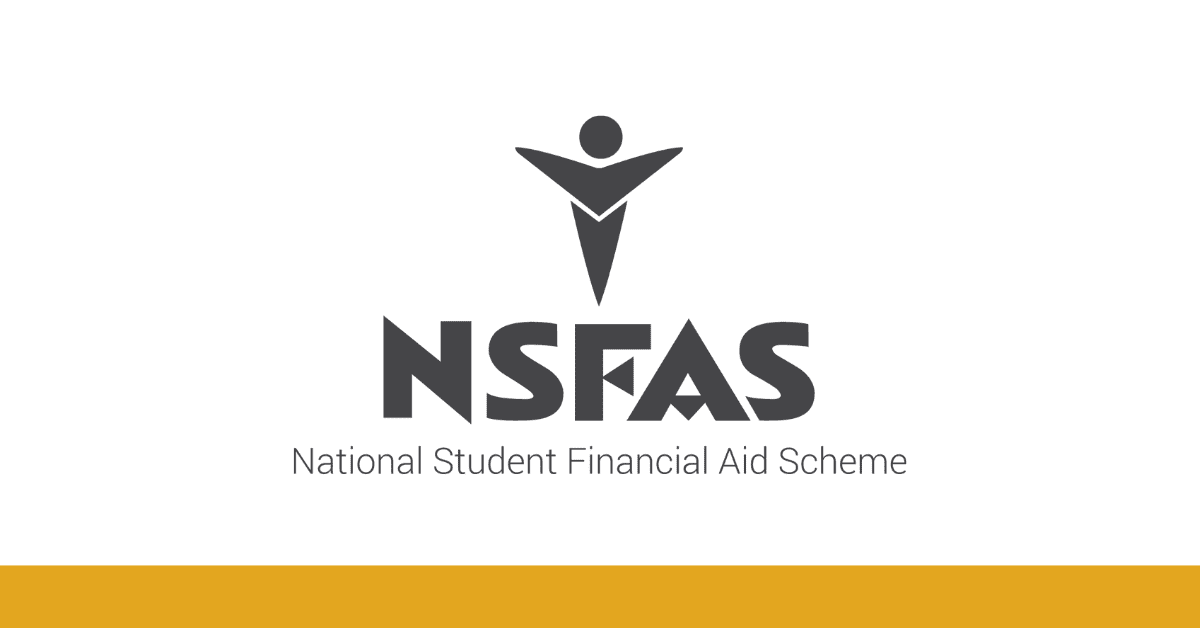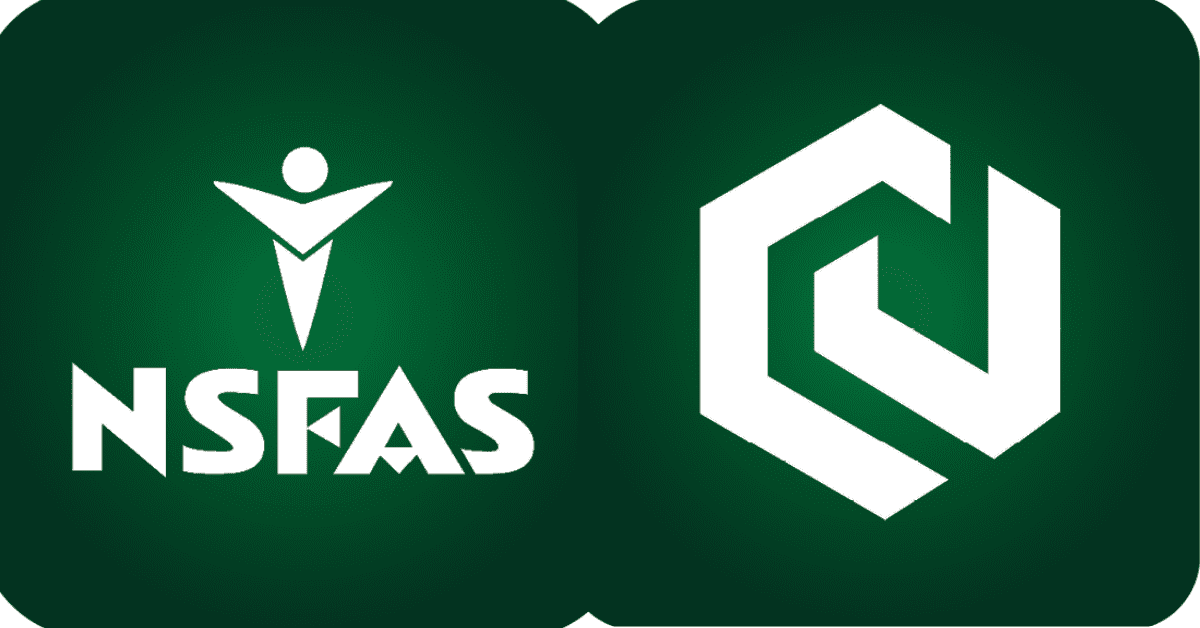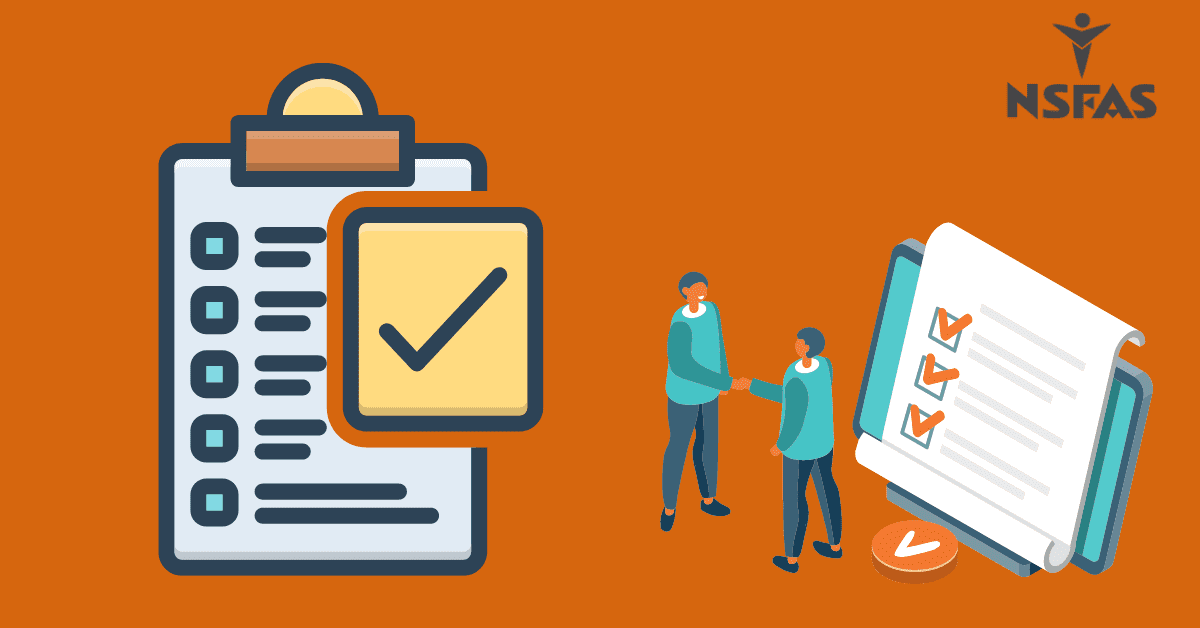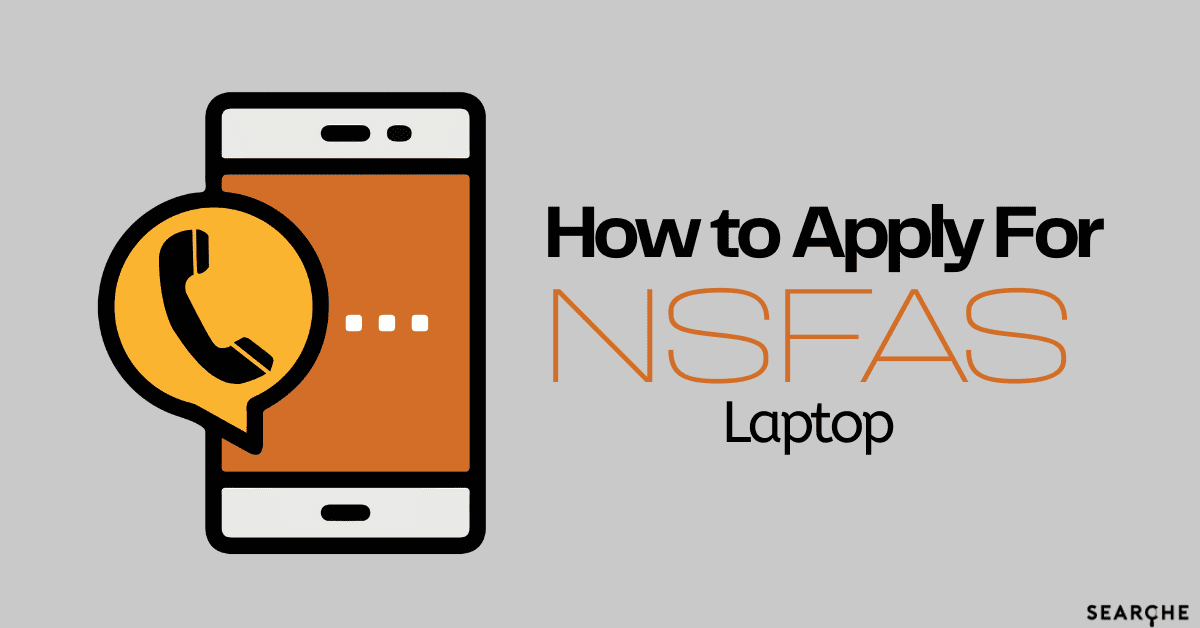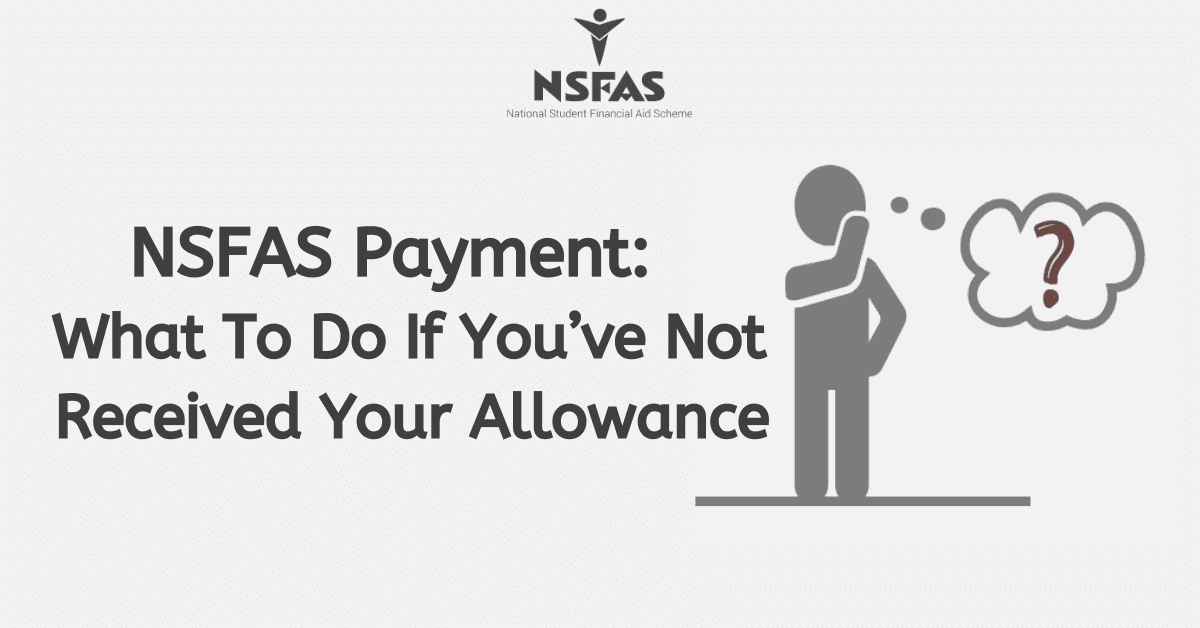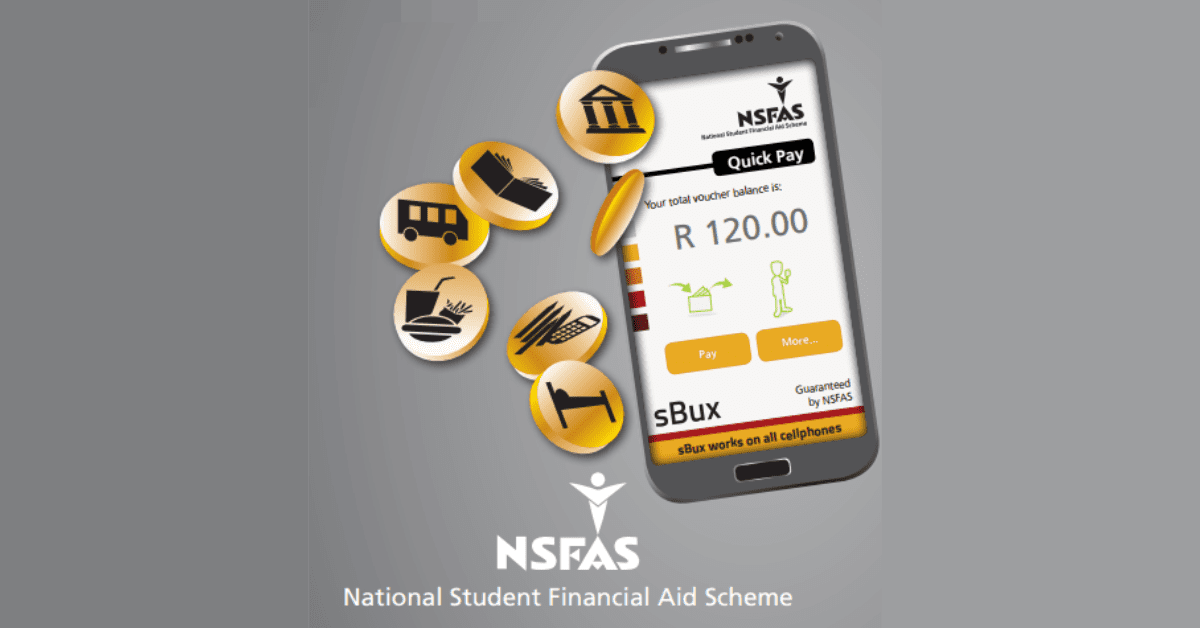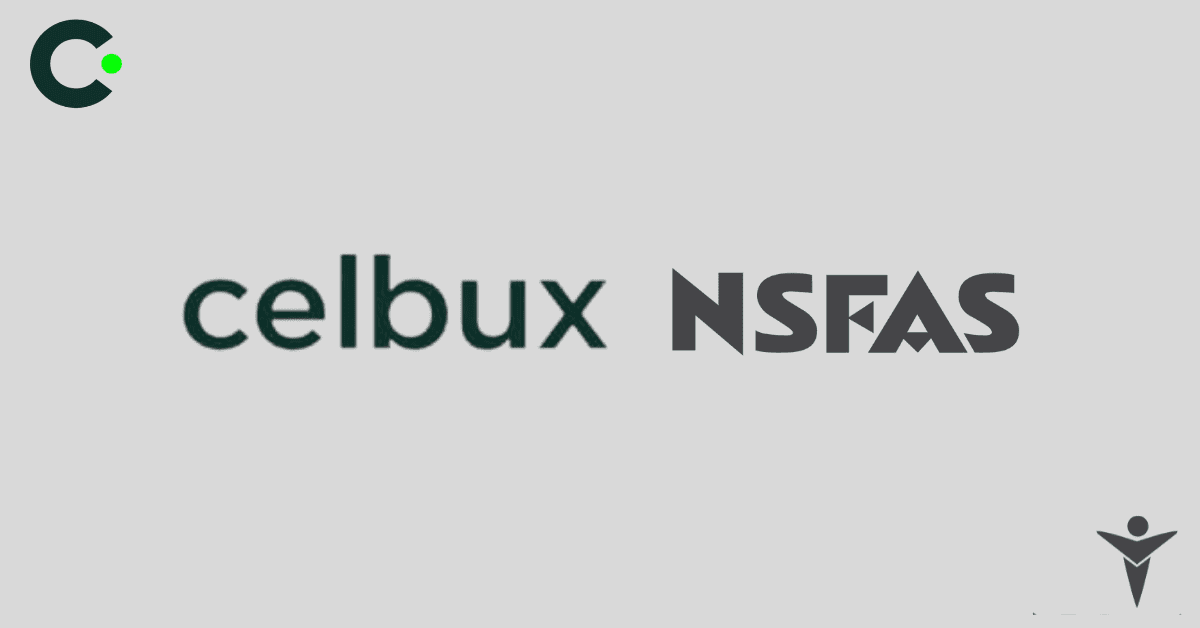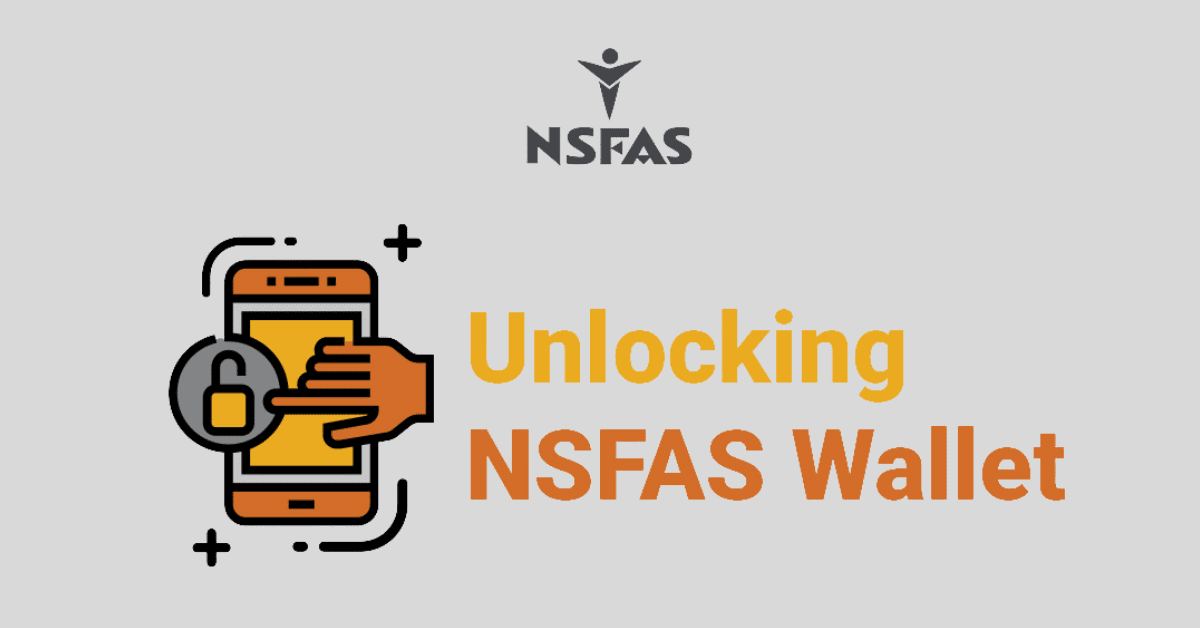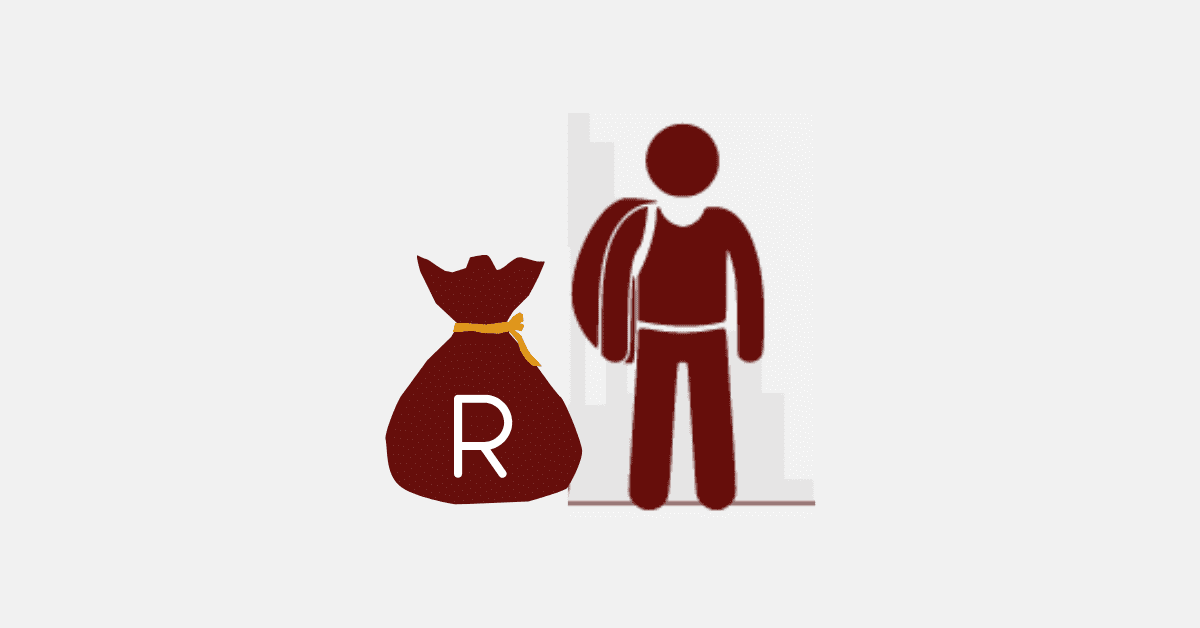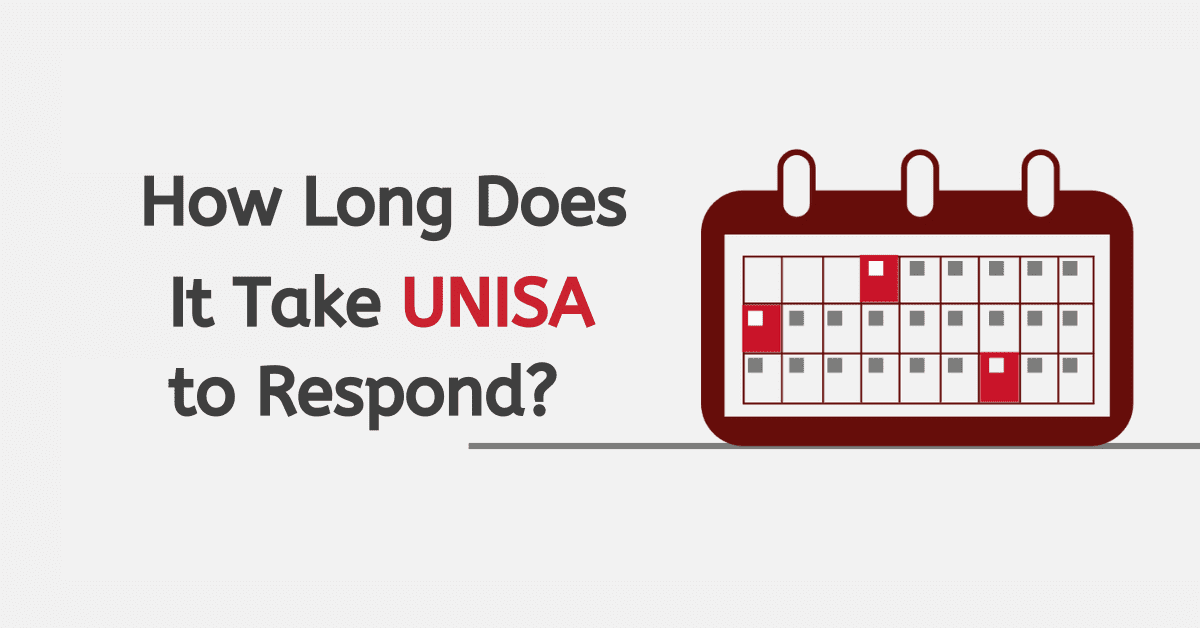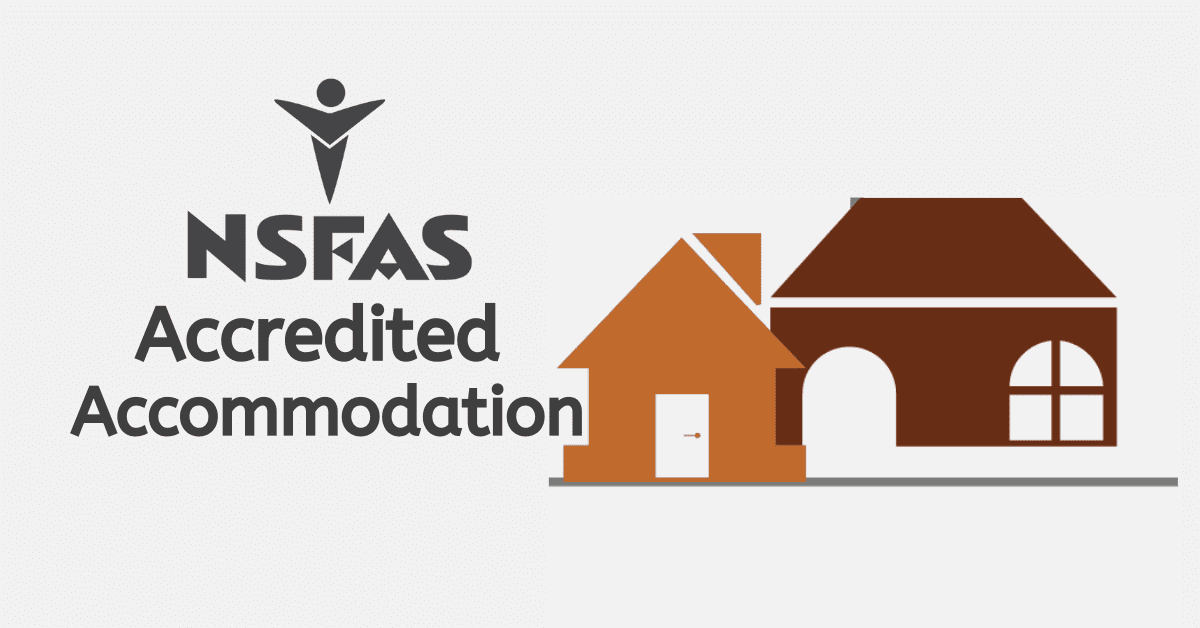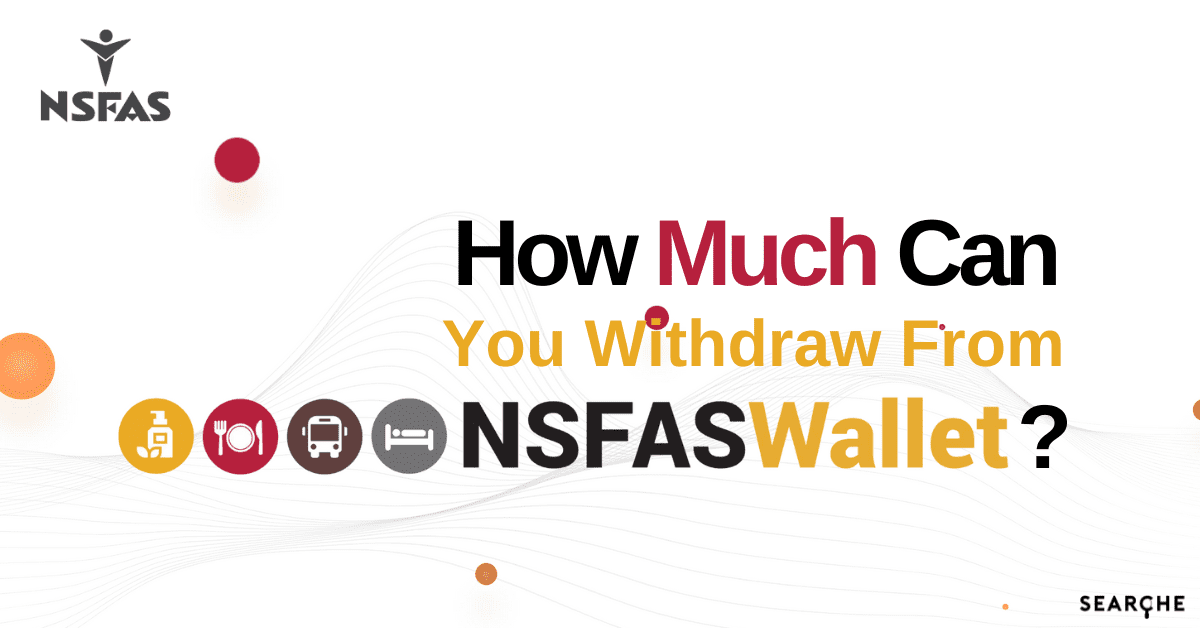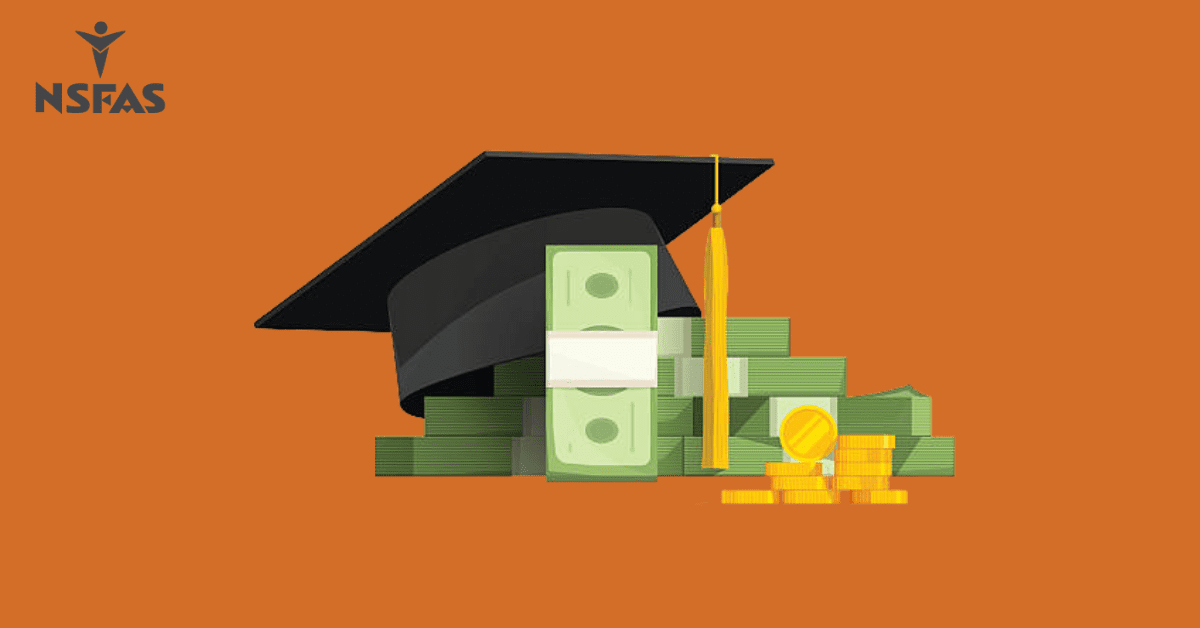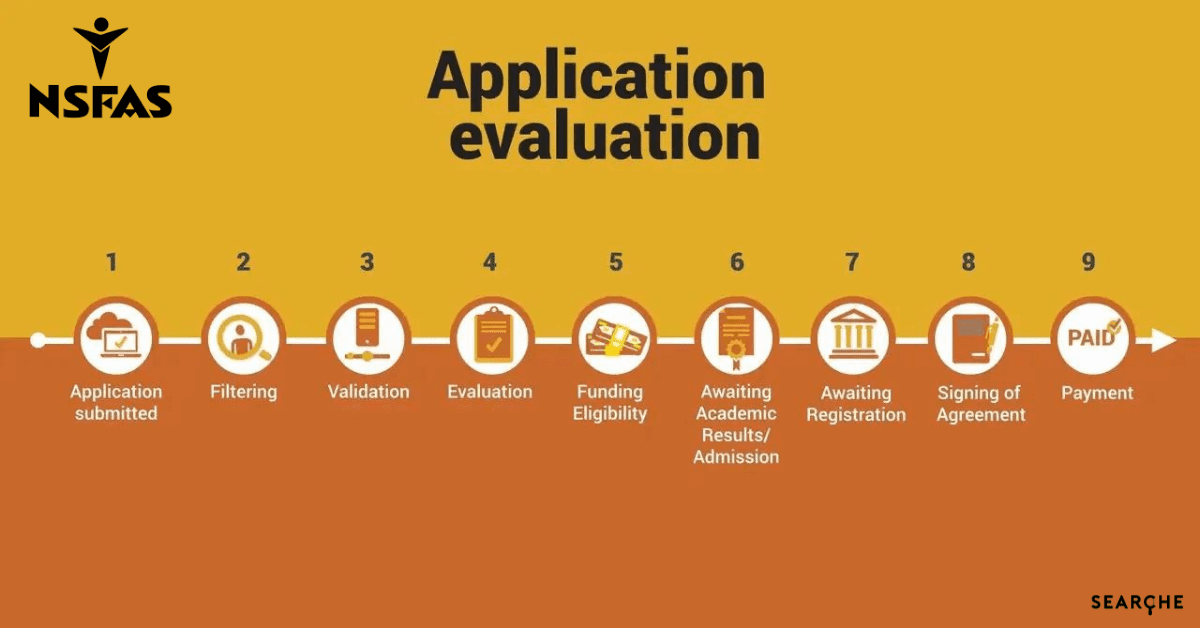Deciding to further your education is a great and even courageous decision, so go ahead and pat yourself on the back. Now it has come to our attention that you need some information on NSFAS. We understand that tertiary education doesn’t come cheap; you may not have enough cash to fund your academic career. But that doesn’t mean all your options are exhausted; That’s why NSFAS is here for you. While reading this article, you will notice that we have answered some of your burning questions regarding how much must you earn to qualify for NSFAS
How Much Must Your Parents Earn to Qualify for NSFAS
Many matriculants complete high school and look to NSFAS to continue learning. If you are one of these students, chances are you don’t have a full-time job; you need your parents to apply for NSFAS. So how much does your parent need to earn for you to qualify for NSFAS? As an applicant, your parents should earn a combined income of less than R350 000 per year.
Does NSFAS Look at Gross or net Salary?
In short NSFAS looks at the gross salary; however, there is more to it. Even though NSFAS looks at your gross salaries, they also subtract taxes. But that’s not all. NSFAS experts determine an amount based on your household size, region, and composition. While filling out your NSFAS application, you will also need to provide them with a brief budget to help them determine how much you qualify for.
Do I Qualify for NSFAS if I’m Working?
Here is where things are a bit tricky. Yes, you can still qualify for NSFAS even if you have a job. However, your combined household income will determine your eligibility for NSFAS. Remember that your household can only earn less than R350 000 a year. In the case that your salary makes your combined household income more than R350 000 per year, you, unfortunately, won’t qualify for NSFAS.
How Much Will NSFAS Allowance be?
Once you are accepted for NSFAS, you can finally breathe a sigh of relief; This means that half the work is done. It also means you will research how much you can expect to receive once you start your studies. When doing your research, you will see that your NSFAS allowance is broken up into two categories: a monthly allowance and a yearly allowance. Take a look at the NSFAS allowance
Monthly NSFAS Allowance
Your monthly NSFAS allowance is made up of five major categories: your book allowance, your living allowance, your incidental allowance, your travel allowance, and your accommodation fees (rent).
- Book allowance – R433 per month
- Living allowance – R1250 per month
- Incidental allowance – R241
- Travell allowance – R625
- Accommodation – How much you get for your accommodation depends on your residence’s charges.
Yearly NSFAS Allowance
Even though your NSFAS allowance will be paid out monthly, it wouldn’t hurt to see how much you will be getting yearly. Similar to your monthly allowance, you will see that the yearly allowance is broken up into the same five categories that NSFAS pays.
- Book allowance – R5 200 per year
- Living allowance – R2 900 per year
- Incidental allowance – R15 000 per year
- Travel allowance – R7 500 per year, which is up to 40km from your institution
- Accommodation – This totally depends on how much your institution charges for accommodation
Regarding your accommodation, it is important to note that if you decide to go with a private residence, it can not exceed the cost of a public residence. You should also know that your monthly NSFAS allowance will be paid on an agreed-upon date each month. It will also be paid into your bank account for your convenience.
What are the Requirements to Qualify for NSFAS?
Much like any application, there are requirements that you need to meet when applying for NSFAS. With that said, these requirements aren’t too strict, so your chances of meeting the requirements are pretty high. So what do you need to qualify for NSFAS? Well, simply take a look below:
- You need to be a South African citizen, meaning you must have been born in South Africa and have a South African identification document.
- You will need to have a combined annual household income of R350 000 per year and lower. If you are a student with a disability, your yearly household income should be no more than R600 00.
